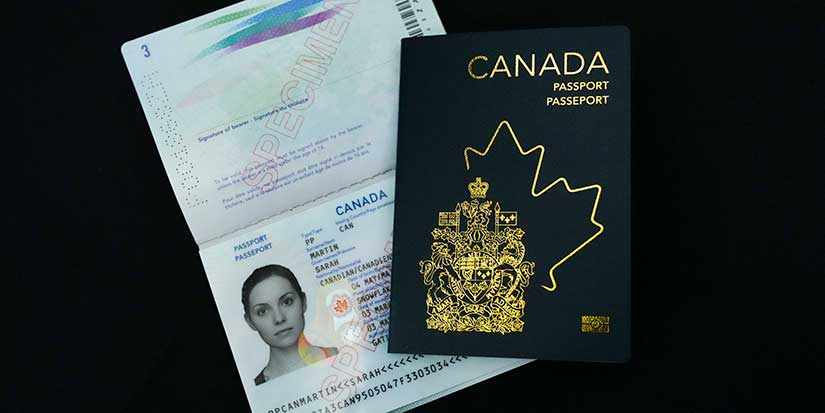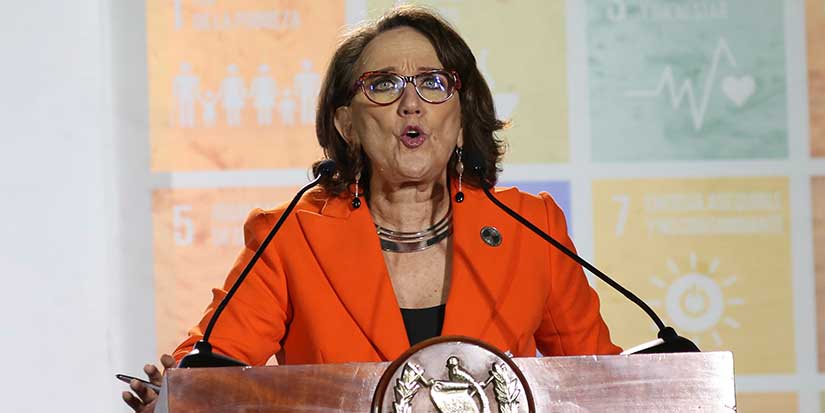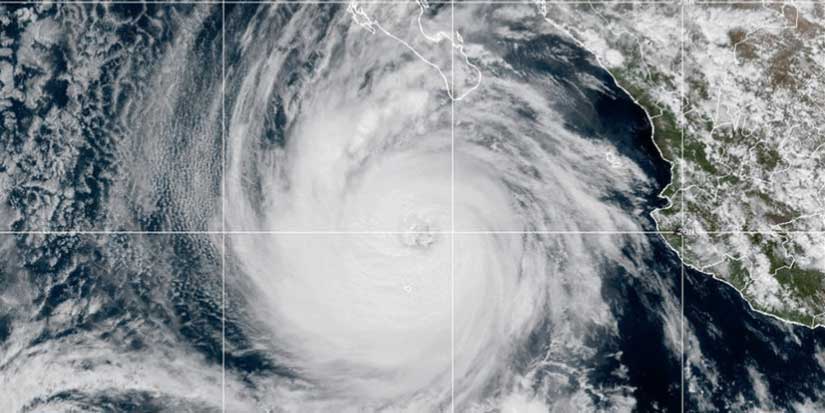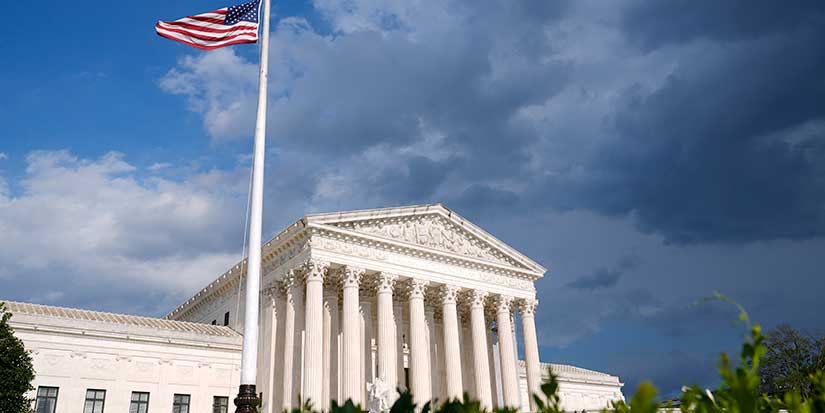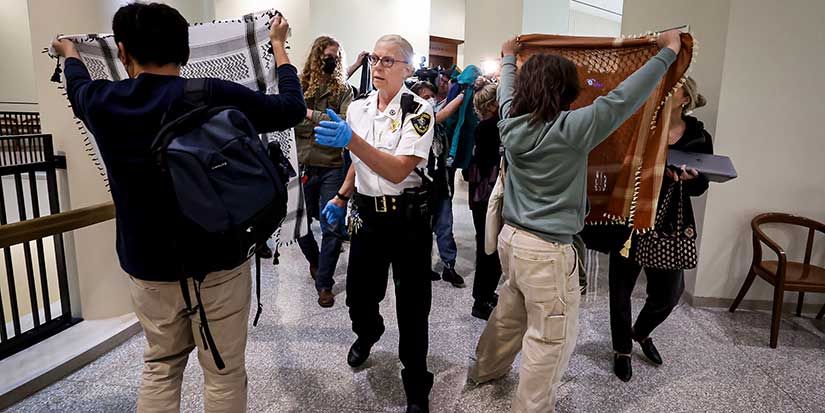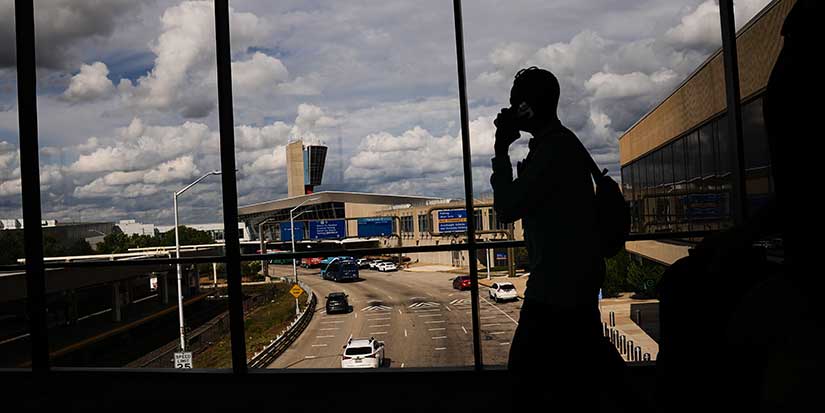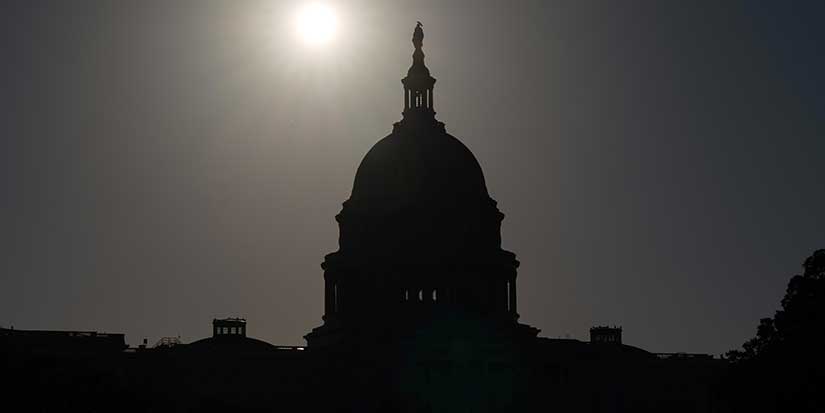National News
House committee adds language, security checks to 'Lost Canadians' bill
Published 10:35 PDT, Wed October 8, 2025
Last Updated: 11:37 PDT, Wed October 8, 2025
—
A House of Commons committee is recommending that most adults eligible for birthright citizenship under the "Lost Canadians" bill meet the same standards on language, knowledge of Canadian history and security checks facing immigration applicants.
On Tuesday, MPs on the immigration committee adopted the Conservative amendment to Bill C-3, which will now go back to the House of Commons for approval.
The bill responds to a 2023 Ontario court ruling overturning a Stephen Harper-era law which prohibited Canadians born abroad from passing down citizenship if their children were not born in Canada. The government did not appeal the decision.
The "Lost Canadians" legislation, meant to replace the 2009 law that was deemed unconstitutional, would set new rules on citizenship by descent.
The bill would allow Canadians born abroad to pass down their citizenship to children born or adopted abroad if the parent spent a cumulative three years — 1,095 days — in Canada. This would apply retroactively to people born since the 2009 law took effect.
The Conservative amendment on language, knowledge of history and security applies to people aged 18 to 54. Many people who could retroactively apply for citizenship under the "Lost Canadians" bill are minors.
"It seems unfair to me that someone obtaining citizenship through Bill C-3 would not have to go through the same process of citizenship tests that someone obtaining citizenship through naturalization would go through," Conservative immigration critic Michelle Rempel Garner said.
Salma Zahid, one of the Liberal committee members, said she is worried about the amendments placing conditions on birthright citizenship.
"This bill is talking about citizenship. It's not about immigration. Some birthright citizens would be subjected to language tests, knowledge tests or have other tests placed on their citizenship while others do not," she said during debate at committee.
"It is unfair to have conditions placed on what should be their birthright. This seems to be a return of having two tiers of Canadians."
Another Conservative amendment adopted by the committee says the 1,095 cumulative days spent in Canada must happen within five consecutive years before a person's birth to qualify for citizenship by descent.
Rempel Garner said that this would bring the citizenship by descent requirements in line with rules for immigrants applying for naturalized citizenship.
"Acquiring citizenship, to maintain the intrinsic value of Canadian citizenship, should require significant ties to the country. The naturalization process, through the existing process set out in the Citizenship Act, defines that by three out of a five-year period," Rempel Garner said.
"There has to be a concerted effort to stay in the country over a period of time to pass down citizenship."
Uyen Hoang, director general of the government's citizenship branch, told the committee that adding the five year requirement to the bill risks creating a new cohort of "Lost Canadians."
She said families living abroad may still be able to meet the criteria for connection to Canada — just not within a consecutive five-year period.
The four Liberals on the committee voted against the amendments, while the four Conservatives and the lone Bloc Québécois member, Alexis Brunelle-Duceppe, voted in favour.
The committee rejected another amendment proposed by Rempel Garner to deny birthright citizenship to anyone — including people born in Canada — who don't have at least one parent who is a citizen or permanent resident.
This amendment was defeated when Brunelle-Duceppe voted with the Liberals.
The government has a court mandated deadline to pass the legislation before midnight on Nov. 21. Government officials say that if that deadline is missed, an unknown number of people will automatically become Canadian citizens.
A December 2024 Parliamentary Budget Officer report estimates that the "Lost Canadians" legislation would affect about 115,000 people.
The government has received four deadline extensions already.
– David Baxter, The Canadian Press
